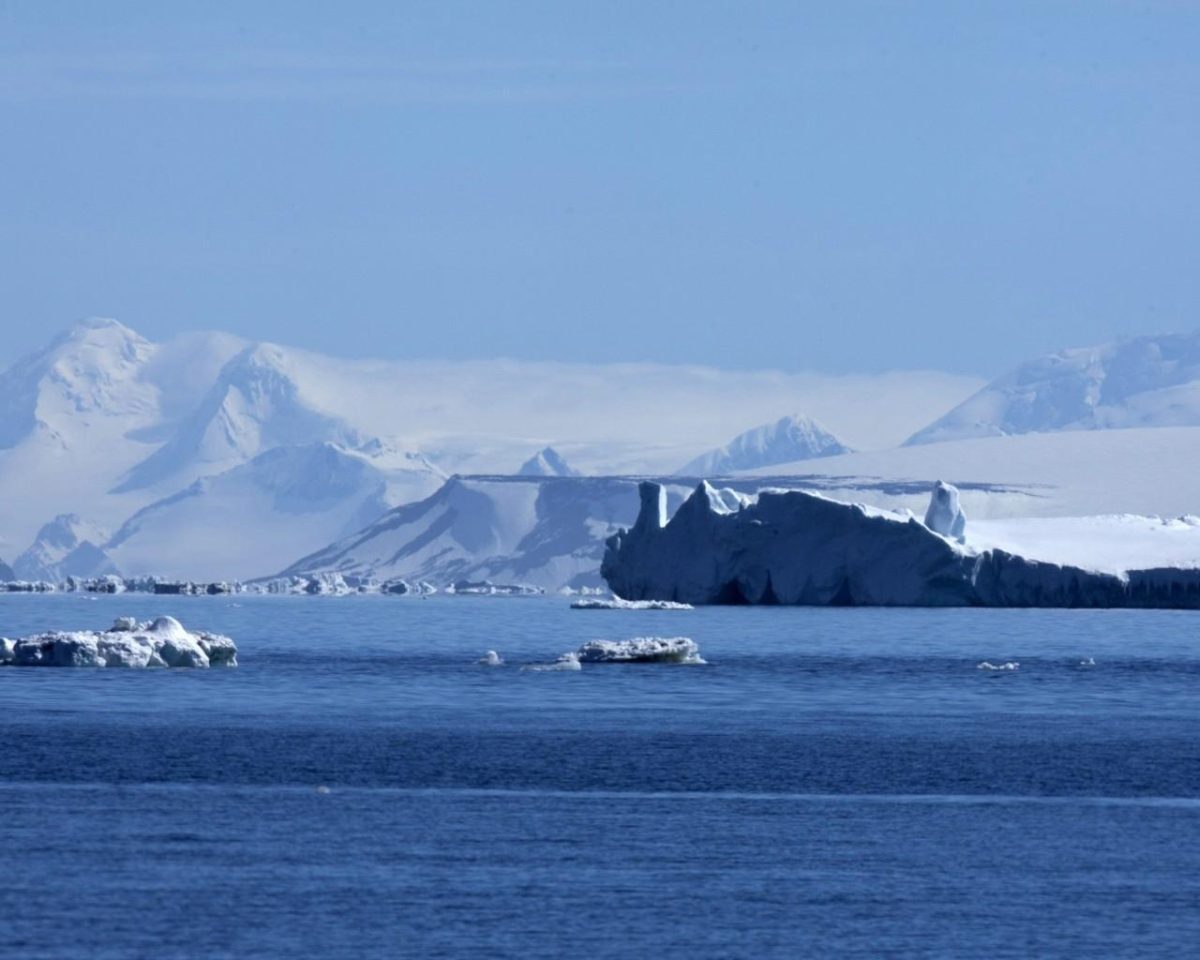Ocean pollution

In recent years, ocean pollution has become more and more serious, more creatures are in danger of extinction, such as whales, White dolphin and Sea turtle. People began to realize the importance of marine protection, but the pace of ocean pollution has not slowed down. The inflow of oil has changed the original color of the ocean, a large amount of plastic waste has become the poison for marine life, and ship pollution has also become the culprit of marine pollution.
How do oil pollution and other methods pollute the marine environment?
Oil pollution refers to the pollution caused by the leakage and discharge of oil during the process of oil extraction, transportation, loading and unloading, processing and use. The cause of a large amount of oil leakage is usually collision, grounding, structural damage, fire or explosion. In the past 50 years, The trend of the number of oil spills from tankers to the sea is unusually optimistic, In the past few decades, the downward trend is obvious, as shown in the figure below.
Over the past few decades, the number of large oil spills (>700 tons) has decreased significantly. Since 2010, the average number of times per year has been 1.8. Similarly, in the past few decades, the amount of oil spilled has also decreased significantly. In the 2010s, about 164,000 tons of oil were lost from tanker leaks of 7 tons and above, a 95% reduction from the 1970s.
Oil is very harmful to the ocean and seriously affects the ecological balance of the ocean. Oil can stick to the gills of fish, suffocate the fish, inhibit spawning and hatching of waterbirds, destroy the impermeability of its feathers, and reduce the quality of aquatic products. Oil film formation can hinder the reoxygenation of water bodies, affect the growth of marine plankton, and disrupt the marine ecological balance. The oil spill from the pipeline caused by the Gulf War in 1991 killed more than 2 million seagulls. Many fish and other animals and plants were also looted. Some precious fish species have been extinct. The beautiful and rich Persian Gulf has become a dead sea. Offshore oil the damage to marine ecosystems caused by pollution is irreversible.
In this case, what should we do to reduce or avoid this hazard? Increasing the treatment of oily wastewater, building an integrated ecosystem technology for wastewater treatment, while fundamentally emphasizing the reduction of direct discharge of oily wastewater, researching new methods for efficient, economical, clean and thorough treatment of oily wastewater should be based on nature, According to the nature, composition, state of the wastewater and the requirements for water quality, according to local conditions, the best process flow with convenient management and reliable operation should be formed under the premise of meeting the water quality standards.
Ship pollution mainly refers to the pollution of the surrounding water environment and the atmospheric environment caused by ships during navigation, port berthing, and cargo loading and unloading. The main pollutants include oily sewage and domestic sewage. Most oil pollution is from ship accident.
IMO plays an important role in reducing pollution from ships and supervises the normal operation of marine traffic. They are fully committed to working with their member states and partners, Continue to formulate, maintain and enforce a series of global regulations aimed at ensuring the sustainable use of oceans by shipping.
Marine debris is also a persistent pollution problem. They come from many ways, some of them also come from ship pollution. Each year, billions of pounds of trash and other pollutants enter the ocean, the rate at which about 12.7 million tons of plastic pollutes the ocean every year. This marine debris are regarded as food by marine organisms and poisoned to death. Or it might be wrapped in plastic bags, which strangled their bodies and could not move. More than 1 million seabirds and 100,000 marine animals die from plastic pollution every year. By 2020, the amount of plastic in the ocean will exceed the number of fish. One-third of fish for human consumption contains plastic.
So what can we do to reduce waste pollution and maintain sustainable development?
Reduce Your Use of Single-Use Plastics, refuse to use disposable tableware.
Recycle Properly, which means garbage classification.
Participate In (or Organize) a Beach or River Cleanup, help remove plastics from the ocean.
Avoid Products Containing Microbeads. In recent years, tiny plastic particles (called “microbeads”) have become a growing source of marine plastic pollution. We can avoid products containing plastic beads by looking for “polyethylene” and “polypropylene” on the cosmetic ingredient label.
There are many other causes of marine pollution, and there are many areas for improvement. Everyone should start with small things and protect the ocean. Sustainable development is a state that all people yearn for. In maintaining and improving the environment, the ocean is only an important part. Global warming and the greenhouse effect are also becoming more and more serious, it is not just the ocean that needs assistance. On the road of sustainable development, there are still many things that we need to discover and think about.
References
Itopf. “Oil Tanker Spill Statistics 2019.” ITOPF, www.itopf.org/knowledge-resources/data-statistics/statistics/.
Ritchie, Hannah, and Max Roser. “Plastic Pollution.” Our World in Data, 1 Sept. 2018, https://ourworldindata.org/plastic-pollution.
Hutchinson, Brian. 7 Ways To Reduce Ocean Plastic Pollution Today, www.oceanicsociety.org/blog/1720/7-ways-to-reduce-ocean-plastic-pollution-today.
“Ocean Pollution.” Ocean Pollution | National Oceanic and Atmospheric Administration, https://www.noaa.gov/education/resource-collections/ocean-coasts/ocean-pollution.